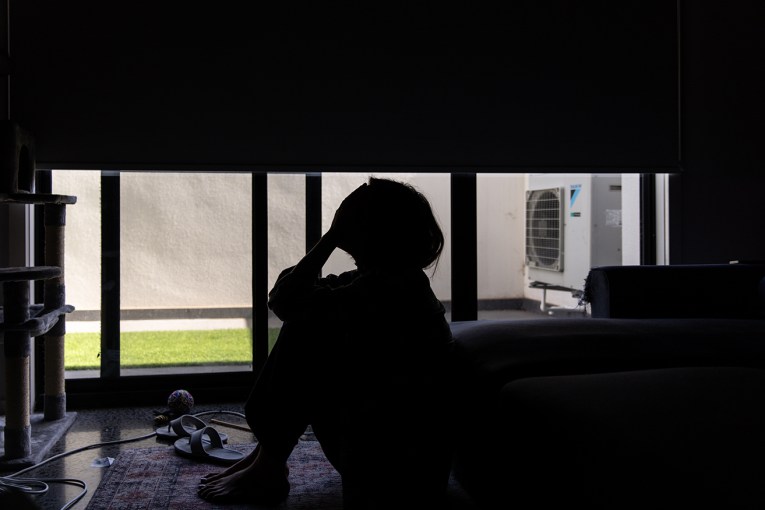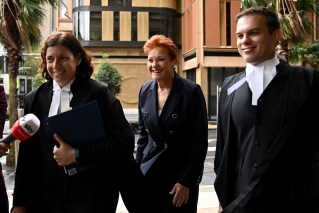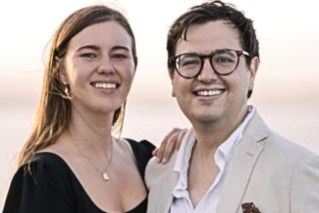Patrick Dodson bids farewell with a warning

Source: AAP
Senator Patrick Dodson, the man dubbed the “father of reconciliation”, has announced his retirement from Parliament.
Dodson called time on a career that has spanned public service, the priesthood and politics on Tuesday, and received a standing ovation from Labor colleagues.
His resignation, set for Australia Day, follows his diagnosis with non-Hodgkin lymphoma, a condition that largely kept him on the sidelines during the recent campaign for the Indigenous Voice to Parliament referendum.
“The things that went on … during the referendum made it obvious to me I wasn’t able to do what I should be doing or could have been doing,” Dodson said.
He praised the decision to proceed with last month’s vote but also spoke of his sense of sorrow after a campaign that showed “no standards were sacrosanct”.
“We need to seriously think now how our civil society knits together with its diversity and differences,” he said.
Dodson said he had faith in the Labor Party “not to capitulate against the naysayers on the other side or in the public space, who seek to intimidate us from upholding the better standards that we are capable of as Australians”.
What prompted our No vote?
Dodson’s announcement came as new research showed a significant majority of voters, or 87 per cent, believed that Indigenous Australians should have a say on issues that affect them, despite the defeat of the Voice to Parliament referendum.
“Even after the referendum, almost nine-in-10 Australians think it is important for First Nations peoples to have a voice or say in matters that affect them. This includes around three-quarters of No voters,” said Professor Nicholas Biddle from the Australian National University.
“Our findings suggest it is not [so] much the premise of recognition but the model that was being presented to voters at the referendum, among other key factors.”
The research found 66.1 per cent of Australians who voted ‘No’ rejected the Voice because they thought it would divide the nation.
The poll of 4200 people found most Australians believe Indigenous people experience historical disadvantage from past government policies.
But Biddle said a sizeable number of Australians saw special rights for Aboriginal and Torres Strait Islander Australians as unfair, a perception that figured as a major factor in the Voice’s defeat.
Women were more likely to support change and voters under 25 were twice as likely to vote Yes.
The ‘yes’ vote was predicted by four Gs — gender, generation, graduation and geography,” study co-author Professor Ian McAllister said.
“No voters were more likely to be male, older, speaking a language other than English at home, with low levels of education, living outside of capital cities, and living in low-income households.’’
“Many Australians of goodwill possibly didn’t know the implications and the complexities,” said Dodson.
Dodson’s reconciliation legacy
Dodson, a Yawuru man, was born into the struggle for reconciliation that defined his contribution to public life.
His parents left Western Australia when he was two to escape laws forbidding inter-racial relationships that had previously landed them in jail.
Orphaned at the age of 13, relatives tried to prevent him from being sent to a Catholic mission.
On graduating, he studied to become the first Aboriginal Australian to be ordained as a Catholic priest.
He would find it difficult to reconcile Catholicism with Indigenous spirituality and quit the priesthood to become an activist for reconciliation.
Dodson was a royal commissioner investigating Aboriginal deaths in custody, the founding chairperson of the Council for Aboriginal Reconciliation, and an advocate for constitutional recognition of Indigenous Australians.
“His contribution, what he’s allowed us to see, what his entire life has been about is the rights of First Nations people,” said Indigenous Australians Minister Linda Burney.
Liberal MP Julian Leeser said working alongside Dodson had given him “a richer and deeper appreciation of Australia’s First Peoples – their frustrations, struggles and pains, as well as their hopes for the future”.
Dodson joined the Senate in 2016 and was last year appointed the Special Envoy for Reconciliation and the Implementation of the Uluru Statement from the Heart.
“As a boy, he hid in the long grass while the police and welfare officers took his mates,” said Prime Minister Anthony Albanese.
“Yet despite what must have been such a traumatic experience as a child, he grew into the Father of Reconciliation – a figure of grace, dignity and inspiration.”
On the eve of last month’s referendum vote Dodson gave a speech to the Press Club warning against “draconian” perspectives on Indigenous affairs being advanced by some opponents of the Voice.
On Tuesday, he warned the No vote would also leave a deeper legacy.
“As a nation, not only now do we still have the ongoing problem of challenges of colonisation and settlement and its impact on First Peoples we now have, if we’re not careful, serious challenges to the underpinning social fabric of our society,” he said.
“We can’t take that for granted”.
His resignation will take effect on Australia Day.








